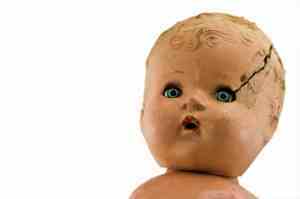A few weeks ago I wrote about Paul Tough’s book ‘How Children Succeed – Grit, Curiosity and the Hidden Power of Character’.
(Read the entry here.)
In today’s NY Times David Brooks writes about this book:
‘In Paul Tough’s essential book, “How Children Succeed,” he describes what’s going on. Childhood stress can have long lasting neural effects, making it harder to exercise self-control, focus attention, delay gratification and do many of the other things that contribute to a happy life.
Tough interviewed a young lady named Monisha, who was pulled out of class by a social worker, taken to a strange foster home and forbidden from seeing her father for months. “I remember the first day like it was yesterday. Every detail. I still have dreams about it. I feel like I’m going to be damaged forever.”
Monisha’s anxiety sensors are still going full blast. “If a plane flies over me, I think they’re going to drop a bomb. I think about my dad dying,” she told Tough. “When I get scared, I start shaking. My heart starts beating. I start sweating. You know how people say ‘I was scared to death’? I get scared that that’s really going to happen to me one day.”
Tough’s book is part of what you might call the psychologizing of domestic policy. In the past several decades, policy makers have focused on the material and bureaucratic things that correlate to school failure, like poor neighborhoods, bad nutrition, schools that are too big or too small. But, more recently, attention has shifted to the psychological reactions that impede learning — the ones that flow from insecure relationships, constant movement and economic anxiety.’
(Read the complete article here.)
I wholeheartedly agree but since there is almost always some good to be found in evil, isn’t it possible that there are children who succeed not despite of their childhood traumas but because of them?
